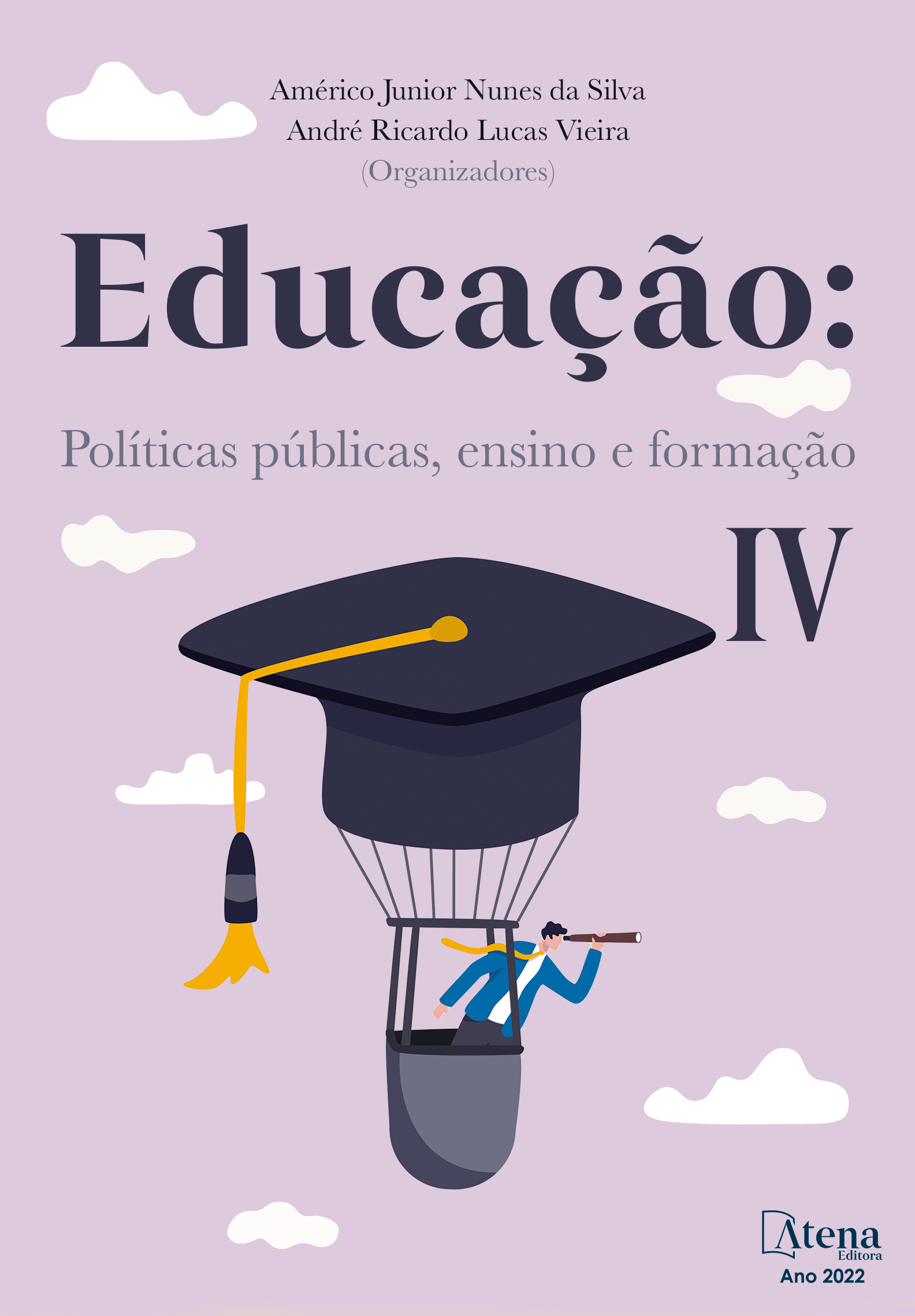
CRIANÇAS DE QUATRO ANOS PENSAM SOBRE A ESCRITA! NÃO PENSAM?
Este artigo tem como objetivo problematizar uma atividade desenvolvida na escola com crianças da Educação Infantil, envolvendo atividades de realismo nominal como aspecto do seu desenvolvimento cognitivo relevante para o aprendizado da linguagem escrita. A pesquisa ocorreu em uma escola municipal de Várzea Grande/MT, participaram 25 crianças de 4 anos e a professora da turma. Este trabalho tem por base teórica os estudos de Ferreiro e Teberosky (1999); Carraher (1986); Lamprecht (2004, 2009) por privilegiar o trabalho com a escrita. Os resultados preliminares evidenciaram que as crianças estão, segundo Carraher (1986), no nível primitivo, porque para os sujeitos as palavras devem possuir as mesmas características dos objetos que a representam. A ludicidade e a brincadeira estiveram presentes nas atividades propostas, sem assim, descaracterizar a infância, mas respeitando o direito garantido na legislação de ter contato significativo e reflexivo com os bens culturais, bases desse trabalho: linguagem oral e escrita.
CRIANÇAS DE QUATRO ANOS PENSAM SOBRE A ESCRITA! NÃO PENSAM?
-
DOI: 10.22533/at.ed.8482219077
-
Palavras-chave: Educação Infantil. Realismo Nominal. Linguagem Escrita.
-
Keywords: Early Childhood Education. Nominal Realism. Written Language.
-
Abstract:
This paper aims at problematizing a literacy task that characterizes children’s thoughts which make them show difficulties in dissociating signs from things signified (Piaget, 1962). The task was conducted in a school with children who attend Early Childhood Education and develop activities of nominal realism as a relevant part of their cognitive development in written language. The study was carried out with 25 4-year-old children and their teacher in a city preschool in Várzea Grande, Mato Grosso (MT) state, Brazil. Its theoretical basis consists of studies conducted by Ferreiro and Teberosky (1999), Carraher (1986) and Lamprecht (2004, 2009) in which they encourage writing. Preliminary results have shown that children are at the primitive level, in agreement with Carraher (1986), since they believe that words must have the same characteristics of objects that represent them. Playfulness and games were part of the proposed tasks to keep the characteristics of childhood and respect the right ensured by the legislation, which is significant contact with both cultural assets that are the bases of this study: oral and written language.
-
Número de páginas: 9
- CARLA MELISSA KLOCK SCALZITTI


